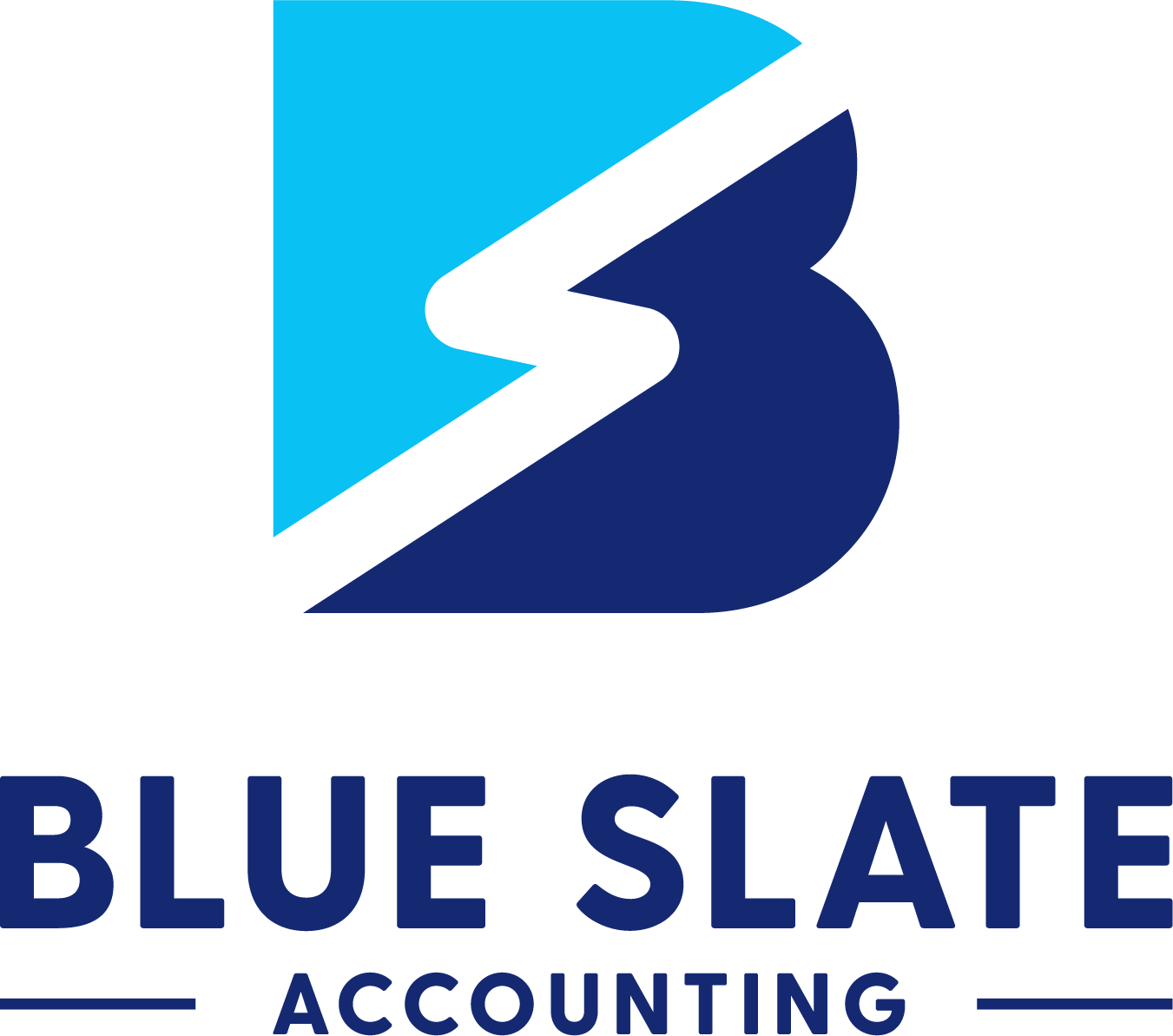Unrealized Gain on Trial at the U.S. Supreme Court
Strategic decisions today influence your tomorrow.
This is no less true when it comes to your small business tax planning. But when future payments are hard to determine, this task becomes difficult.
Our aim is to remove this obstacle. And it starts with sharing pertinent news.
Learn about a pivotal case before the highest court in our land. And what its tax implications mean for your small business.
What is Unrealized Gain?
We don’t profess to be investment gurus. That title is reserved for financial advisors.
But we do know taxes.
Your small business’ investment portfolio may include an unrealized gain.
This term has become the focus of a major case before the U.S. Supreme Court. But before we discuss its possible effect on your business, let’s define it.
Unrealized Gains Definition
According to Investopedia, it describes a “theoretical profit that exists on paper, resulting from an investment that has not yet been sold for cash.”
An example would be stock in a social media company:
- You purchase 50 shares during a recent round of funding
- Fair value of your investment increases by $2 per share
- The difference between the current and original value is your profit
From a tax perspective, these gains won’t influence your IRS filing until the investment is sold. Which is why many choose to hold on to them for the long-term.
Next, we’ll review details of a legal battle that small business America should be following.
SCOTUS Ruling May Affect Unrealized Gain Accounting
The court recently heard oral arguments for the case Moore v United States. It is questioning a certain provision in the Mandatory Repatriation Tax.
One that taxes undistributed profits for U.S. shareholders invested in foreign corporations. Americans should own at least 50% of the stock. And the earnings must be from after 1986.
The law applies in two cases:
- Company earnings were distributed to shareholders
- Corporate earnings weren’t distributed to shareholders
Back in 2005, Charles and Kathleen Moore purchased 13% of an Indian corporation’s stock. To the tune of $40,000.
In this instance, the Moore’s were taxed $15,000 even though the company reinvested their unrealized gains. They took issue with this bill and brought litigation against the federal government.
Their lawyer is arguing that the Constitution was violated as they were taxed on personal property. Instead of income. Which they never received from the corporation to begin with.
Small Businesses Weigh in
Anne Zimmerman, co-chair of Small Business for America’s Future is one of the authors of a brief to the highest court. The Main Street Alliance and Small Business Majority have joined in as well.
Her vote is to uphold the constitutionality of this 2017 corporate tax reform law.
Reasons:
- Potential of more lawsuits
- Adverse ruling would favor the wealthy
- Inability to understand tax burdens
- Stunted growth from decreased investment
Confident decisions are needed in the highly competitive digital landscape owners find themselves in.
Purchasing technology and tools allows them to outpace their peers. But only if they can forecast taxes that will be due.
She states that these individuals may skip opportunities when faced with uncertainty. In her opinion, no changes should occur to the Tax Code.
As a small business owner herself, she had the following to say.
“We rely on a stable tax system to plan ahead and grow. Any major change in taxes can throw off our balance, making it even tougher to succeed.”
Moving on, we want to tackle a subject of ongoing debate.
Should Unrealized Gains Be Taxed?
Federal lawyers in the Moore case cite a massive change to the Tax Code as a possible outcome. Should the ruling go against them.
But what we’re really looking at here is the definition of income. And whether an unrealized gains tax has any merit.
Instead of answering directly, we’ll educate you on a benefit and let you decide. Because what works for your small business may not work for another.
Unrealized gain tax treatment:
- Holding on to the assets spreads out your financial burden
Of course, there’s no guarantees in the stock market. But from your perspective, being able to reinvest funds into your business today is ideal.
Or investing in a likeminded company that shows real promise.
Another option is reinvesting your gains.
This can be done automatically on a tax-free basis for mutual funds or stocks in a retirement account. Removing a need to report them to the IRS.
We have one more piece of information to share. Know the difference between short- and long-term gains.
Short-term Gains
Earnings on assets which you’ve owned for a year or less
Long-term Gains
Earnings on assets which you’ve owned for more than a year
To enjoy lower tax rates, you’ll want to hold them for a longer period. This does require fortitude during periods of economic uncertainty.
But financial advisors will tell you to be patient. Investors who started early and stayed strong are the ones who end up in a better situation. And can retire on time.
Sitting down with a tax professional at the beginning of the year can further illuminate this subject.
To conclude, this case is worth following as the Supreme Court moves towards a final decision.
Which reminds us, your tax burden doesn’t need to weigh you down. You can hand it off.
Blue Slate Accounting Tax Services Company
Something is missing from the accounting field.
A human approach to personalized tax services. Pittsburgh, PA is our home, but we’ve worked with businesses and individuals across this great nation.
Whether that’s aiding their successful filing or dealing with an IRS audit.
Our small, but dedicated team of certified tax professionals and an IRS Enrolled Agent assist with:
- Federal, state, and local taxes
- Navigating tax regulations
- Increasing money you’re legally entitled to
- Limiting any tax burden
- Quarterly filings
We can clean up the debacle of that unorganized box of tax documents. For a monthly fee, we can counsel you on deductions and breaks to use next time.
Your return will be double-checked by hand for ultimate accuracy. Because we strive for excellence just like you do.
Offload your small business tax needs today. And take the first steps towards reclaiming your joy and happiness!










